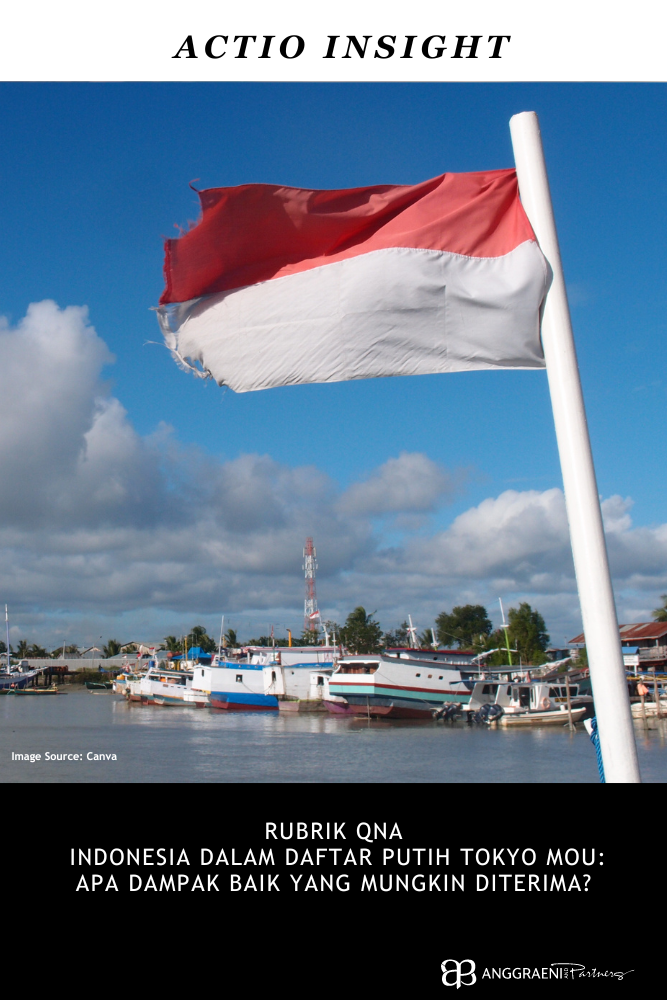The infections of Covid-19 (Corona Virus) has widely affected business activities. All business activities that are hampered and/or stalled due to the Pandamic will have stakeholders now reviewing their agreements to checks clauses that may govern and protect them from such an unexpected situation or force majeure.1
When drafting an agreement clause, force majeure clauses commonly make use of boilerplate clauses embedded in the culture of the organisation. It is clear that under the Indonesia Civil Law, there exists the principle of freedom of contract which is stipulated under Article 1338 of the Civil Code (Civil Code). Therefore, legally there appears no prohibition for the parties to bind themselves to the agreement that only regulates general provisions (examples: floods, fires, riots, etc.) in their force majeure clause. However, there may be greater protection if parties elect phrases and wordings that are more specific in their force majeure clauses.
The surgence of Covid-19 (Corona Virus) has clearly made the force majeure clause an important clause in agreements. The following are a suggested list of considerations that should be considered when drafting force majeure clauses to accommodate the interests of the parties in an agreement.
- In drafting an agreement, it is necessary to understand client’s business and client’s objectives, so that in designing the clause in the agreement will accurately reflect the aspirations and objectives of the client. Understanding the client’s business and objectives will provide important information on what kind of events that should be reflected and inserted into the force majeure clause.
- Upon determining the events that are considered as a force majeure situation, it would be better to add a clause regarding notification by the party affected by a force majeure. Notification from the party affected by a force majeure shall include the reasons as well as the estimated delay or suspension before expected completion. This is to clearly reflect when the Parties can consider non- performance a breach.Notification of the force majeure serves as proof of the occurrence that a contemplated event has obstructed or affected the fulfillment of the obligations of either party, that can of course lead to 3 (three) possibilities, namely:a. temporary suspension of the fulfillment of obligations on the agreement by the client until the force majeure situation ends;
b. grant of extension of time for the fulfillment of client obligations to the agreement; or
c. in the event force majeure does not return to normal in the foreseeable time, it may prompt rights of the parties to terminate the agreement
- It is important to also provide a clear, and where possible, an objective trigger event, in determining when the force majeure clause is activated. This can be tied to events such as a government announcement of an emergency. Other critics may argue that a loosely worded trigger event is preferable since no contract can envisage and predict every premutation and possibility of a Force Majeure. At the end of the day, this is a risk assessment exercise depending on clients’ risk appetite. Our duty as drafters extends to proper advise and consideration of the client of this issue.
- If there are no provisions of force majeure, the alternative is to renegotiate with the other parties to resolve this matter either by inserting force majeure clause or to ammend the schedule of obligations completion.
Based on the above explanation, it is essential to understand that all the clauses contained under the agreement have their functions and roles that might affect the parties, therefore considering the matters stated above will help in designing the clauses in the agreement, especially on force majeure provisions to provide security and legal certainty to clients. YAN/MAD/HES
- Article 1245 Indonesia Civil Code, defines force majeure as:
“The debtor needs not compensate for costs, damages or interests, if an act of God or an accident prevented him from giving or doing an obligation, or because of such reasons he committed a prohibited act.”


